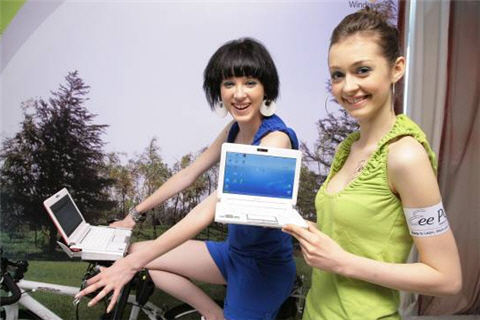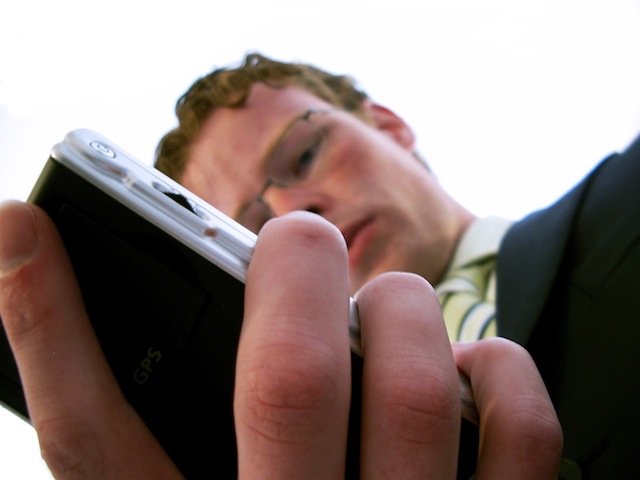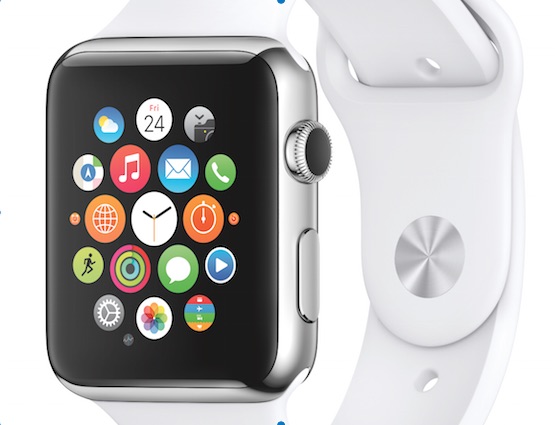In our recent interview with Kevin Ashton, the man who coined the Internet of Things term, he raised an interesting thought about why the IoT had become such a popular concept.
Ashton surmised there were two factors at work, the first being a younger generation of computer users who took networked devices for granted and the other being that the rise of social media – specifically Twitter – meant the #IoT hashtag was accessible and easy to use.
And they’ve never lived in a paradigm where computers don’t gather their own information. So it’s very…the internet of things idea is incredibly natural to them. People who were using computers, let’s say, in the 80s and the early 90s, pre-internet, it can be a little less intuitive. So that’s one thing, but the other thing is, just a complete coincidence, I think, is Twitter. On the internet of things community on Twitter we use the hashtag IOT.
Now, it just so happens, first of all, IoT is very Twitter-friendly because it’s very short. But by calling this thing the internet of things, I inadvertently happened upon a three letter acronym that was distinctive. There aren’t many of those in the world. But there isn’t anything IOT stands for.
Now, we never used the term IoT in the early days because it wouldn’t mean anything to anybody, right? But I happened upon this distinctive three-letter acronym, and then Twitter came along. And it made it very easy for all these kids that were kind of internet of things natives to find one another and communicate with one another, and that really helped. That really helped. So there was some coincidence in that realm.
There’s no doubt the two factors Ashton identifies were critical in the popularity of the term but we shouldn’t overlook the marketing efforts of established hardware and software companies to find ways to make money out of the Internet of Things, what Cisco President John Chambers calls “the greatest opportunity of my lifetime.”
Coupled with the marketing efforts of big IT companies is that the IoT is now coming into its own as adding communications and computing power to almost any device becomes almost trivial. Indeed, Cisco’s often touted statistic of 50 billion connected devices by 2020 is almost certainly an understatement as everything from barbie dolls to bees to locomotives start communicating.
While the IoT is a good label and a boon to desperate marketers trying to describe what would otherwise be a mundane subject of communication protocols and hardware, the bigger forces at work are that the technologies are accessible and affordable to most businesses and individuals.
As those billions of connected Barbie Dolls and tractors roll out there’s a huge number of benefits and risks involved in networking all these devices and managing the data they generate, luckily we at least have a good term to describe the general concept.




